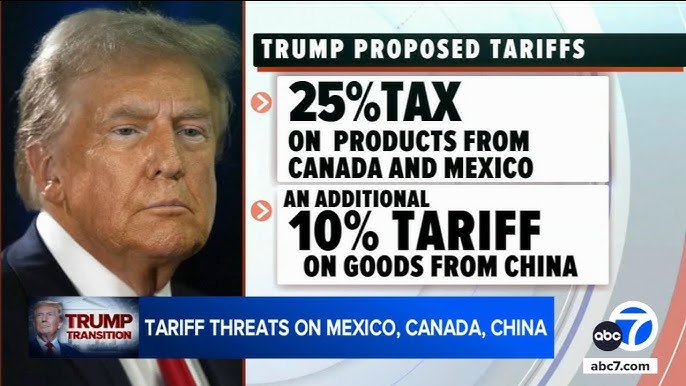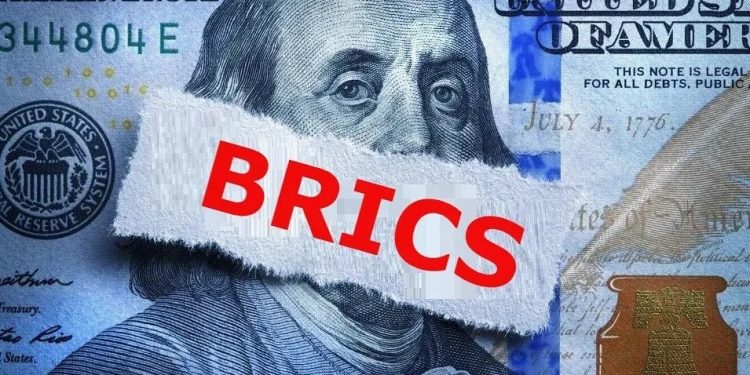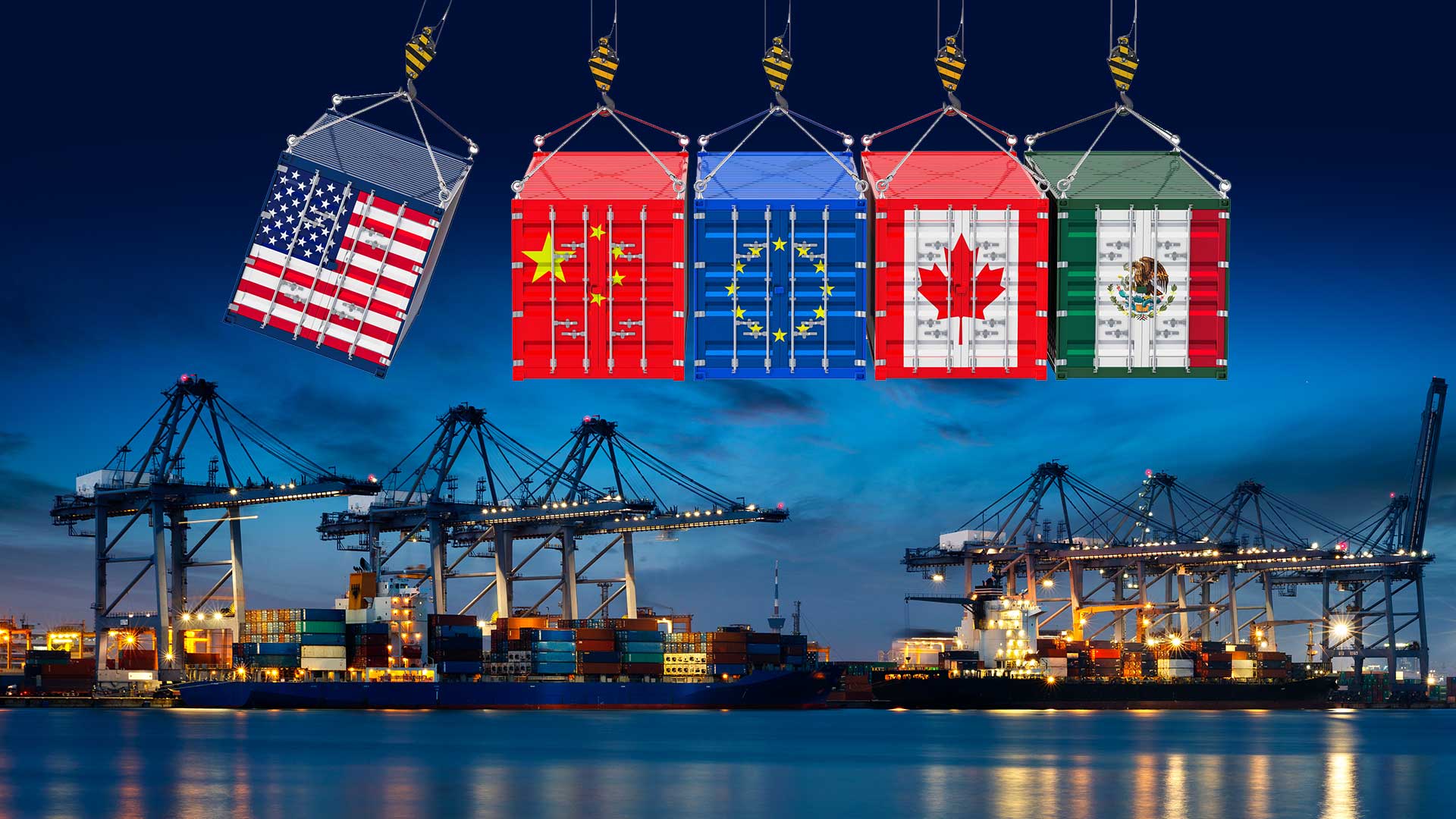
Dan Steinbock, Founder, Difference Group
Feb 21, 2025
At the wake of the 2008 financial crisis, investor Warren Buffett warned of derivatives as weapons of financial mass destruction. President Trump's "reciprocal tariffs" could have a similar impact on world trade.
Stephen Roach, Senior Fellow, Yale University
Feb 13, 2025
It’s impossible to predict the outcome of a random experiment. Yet that is the task that awaits us as we try to make sense of another Donald Trump era.
Carla Norrlöf, Professor of Political Science at University of Toronto, non-resident senior fellow at Atlantic Council
Feb 13, 2025
In a dramatic escalation of trade tensions, US President Donald Trump has imposed an across-the-board 10% tariff on goods from China, threatened a 25% tariff on imports from Canada and Mexico, and vowed similar measures against the European Union. His stated objective is to secure deals to halt the flow of drugs and unauthorized immigration into the United States, suggesting that tariffs will now be an instrument of border security. But trade barriers on this scale could destabilize global markets, drive up prices for American consumers, and potentially drag the US – and the world – into recession. In betting that the potential economic fallout is worth the gains in border security, Trump is gambling with America’s long-term influence and prosperity.

Warwick Powell, Adjunct Professor at Queensland University of Technology, Senior Fellow at Beijing Taihe Institute
Feb 13, 2025
In a social media post on January 30, 2025, US President Donald Trump threatened 100% tariffs on BRICs countries unless they committed to “neither create

Dan Steinbock, Founder, Difference Group
Feb 07, 2025
By trying to weaponize the U.S. tariffs on America's big trade partners against China, President Trump is basing bad economics on worse geopolitics. It could prove a costly prelude to a global downturn.

He Weiwen, Senior Fellow, Center for China and Globalization, CCG
Jan 28, 2025
China and the U.S. should not entangle themselves in trade imbalances and tariffs but find a new, innovative perspective. The future will be shaped by AI, big data, quantum computing and telecom. Both countries have tremendous common interests.
Zhu Wenli, Research Fellow at Institute of International and Strategic Studies and Professor of School of International Studies, Peking University
Jan 27, 2025
Among the many factors pointing to economic uncertainty, the most significant is the tariff and trade war that Donald Trump has pledged to initiate. At the same time, from a global perspective, the overall macroeconomic situation improved over the past year and could continue in a positive direction.

Ma Xue, Associate Fellow, Institute of American Studies, China Institutes of Contemporary International Relations
Dec 13, 2024
Trump’s old concept of tariffs originates in U.S. policies from the 19th century. He believes that he excels in the art of creating a “level playing field” to generate jobs at home. But what he is proposing would be the highest tariff level since the Great Depression.

Sourabh Gupta, Senior Fellow, Institute for China-America Studies
Dec 13, 2024
Donald Trump’s trade policies have been characterized by an aggressive use of tariffs, driven by his belief in balancing bilateral trade and prioritizing American production. While these measures have reshaped trade dynamics and escalated protectionism within the U.S., they have also inadvertently strengthened China's global economic position and highlighted the limitations of decoupling efforts.
Back to Top

- China-US Focus builds trust and understanding between the U.S. and China through open dialogue among thought leaders.
- Our Offerings
- Topics
- Videos
- Podcasts
- Columnists
- Research Reports
- Focus Digest
- Stay Connected
-
Thanks for signing up!
- Get the latest stories from China-US Focus weekly.